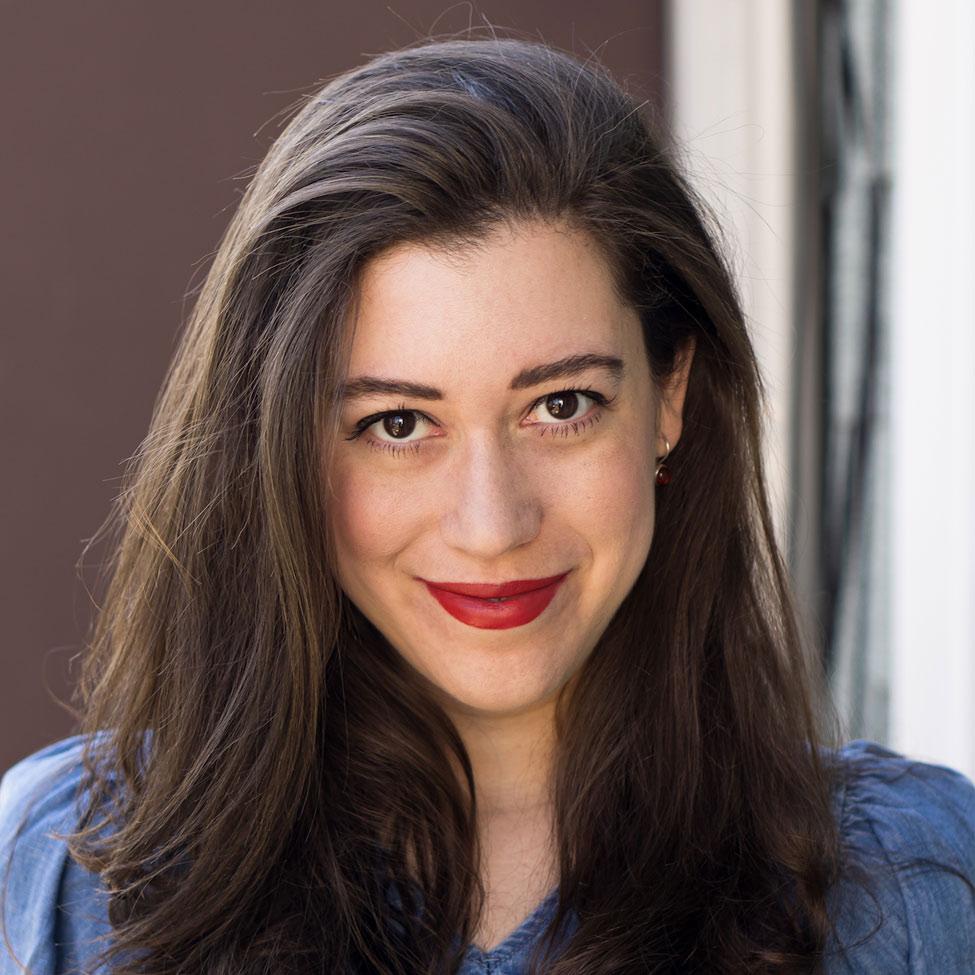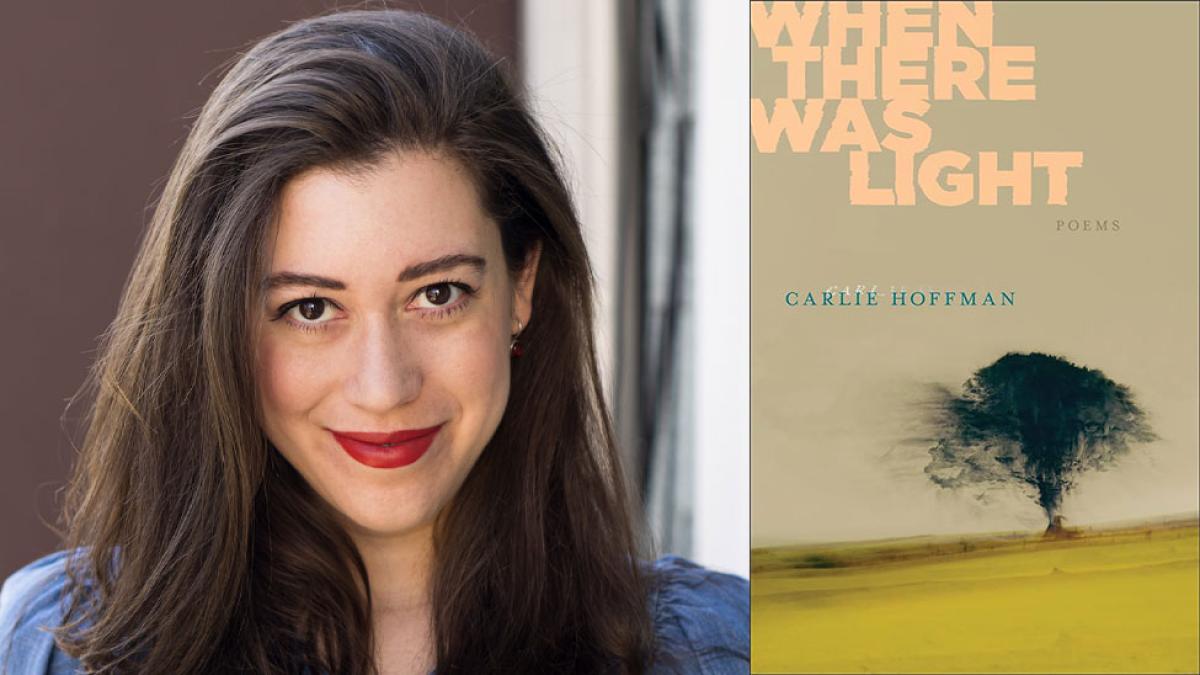
Happening Today - Pace University Hosting Spring Job and Internship Fair
The Spring 2024 Job and Internship Career Fair was previewed by CBS 2 News.
LaChanze Will Give Commencement Address at Pace University's 2024 Graduation
The Tony-winning actor and producer is receiving an honorary Doctor of Humane Letters degree from Pace University, and she will address the graduates and their guests at the institution's 2024 graduation ceremony May 20 at the USTA Billie Jean King National Tennis Center in Queens.
Pace University Opens AI Lab
“The AI Lab at Pace University will permit us to consolidate, strengthen, and extend the existing AI initiatives and create exciting new ones in education and research leveraging partnerships within and outside the university,” said Lab Director Christelle Scharff, PhD, associate dean and professor of Computer Science at the Seidenberg School.
Pace University’s Elisabeth Haub School of Law Ranks #1 in the Nation for Environmental Law for the Fourth Consecutive Year; Trial Advocacy Program Ranks #13
Pace University’s Elisabeth Haub School of Law is once again ranked #1 in the country for Environmental Law by the latest U.S. News and World Report rankings, released today. Haub Law was also ranked #13 in the nation for its trial advocacy program, placing it impressively among the top 10% of schools nationwide.


Pace University’s Elisabeth Haub School of Law is once again ranked #1 in the country for Environmental Law by the latest U.S. News and World Report rankings, released today. Haub Law was also ranked #13 in the nation for its trial advocacy program, placing it impressively among the top 10% of schools nationwide. Several other programs at Haub Law were recognized in the top rankings this year, including Dispute Resolution, International Law, Health Law, Tax Law and the Part-Time Program.
“This year marks the 5th time, and the 4th year consecutively, that Haub Law has received the #1 ranking for Environmental Law,” said Dean Horace E. Anderson Jr. “Our Environmental Law Program has a global footprint and is consistently rated among the very best in the country. We are also tremendously proud of the significant strides and rise in the rankings that our trial advocacy program continues to make. That progress can be directly attributed to both the fundamentals of advocacy we provide in the classroom and the practical opportunities we provide outside of the classroom. At Haub Law, we continue to recruit top faculty, generate top scholarship, and establish leading-edge programs, resulting in attracting students who seek to make positive change as leaders and advocates of the future.”
The Environmental Law Program is widely known for its innovative programs, expert faculty, and renowned scholarship, and for attracting distinguished guest speakers along with an impressive student body. In 2021, the Law School launched the Sustainable Business Law Hub, creating new opportunities for training, policy, and research that address global environmental challenges. The Sustainable Business Law Hub’s advisory board features prominent experts in the field, and the Hub also provides paid internship opportunities for students through partnerships with prestigious firms and companies, and through collaborations with the region’s business community.
In recent years, the environmental law program also initiated the Environmental Law and Policy Hack Competition for law schools throughout the country and the Future Environmental Law Professors Workshop which trains new and aspiring professors pursuing a career in environmental law. Other well-known programs and opportunities at the school include the annual hosting of the preeminent environmental law moot court competition, the Jeffrey G. Miller National Environmental Law Moot Court Competition. The Law School also hosts lectures and panels throughout the year featuring environmental scholars, advocates, and policymakers, and it recognizes leading international environmentalists through the annual presentation of the Elisabeth Haub Award for Environmental Law and Diplomacy, considered one of the world’s most distinguished awards in the field of environmental law.
Haub Law offers more than 40 environmental law courses, as well as dozens of internship and externship opportunities. In recent years, the Law School has expanded its environmental law faculty, attracting prominent scholars in the field as full-time and visiting assistant professors. Students have the opportunity to research emerging areas of environmental law alongside experts in the field through the Environmental Law Program’s various centers and institutes, including the Pace Energy & Climate Center and Land Use Law Center, and can directly represent clients through the Environmental Litigation Clinic and the Food and Farm Business Law Clinic. These opportunities provide Haub Law students with the tools they need to be national and international leaders in environmental law.
"At Haub Law, our students are immersed in not just learning about, but actively working to solve, current environmental challenges, both in and out of the classroom,” said Jason J. Czarnezki, Kerlin Distinguished Professor of Environmental Law and Associate Dean for Environmental Law Programs and Strategic Initiatives at Haub Law. "At Haub Law, through both classroom education and experiential opportunities, we provide our environmental law students with the skills required to make an immediate impact in practice. I am both proud and thrilled that the work of our Environmental Law Program has been recognized by U.S. News and World Report for the fourth year in a row with the #1 ranking. I am confident that here at Haub Law, our educational experience launches our students into successful careers and problem solvers – as environmental lawyers, policy experts, and change makers across not just the United States, but around the globe.”
Successful in providing an international environmental education, in recent years, Haub Law was ranked #1 in the top 50 Environmental Policy Centers of Excellence across the globe by the journal of Environmental Policy and Law (EPL). Haub Law is also a member of the International Union for the Conservation of Nature (IUCN), which provides students with the opportunity to draft memoranda, debate issues, and attend IUCN meetings, including the World Conservation Congress and U.S. National Committee meetings. Additionally, through the United Nations Diplomacy Practicum, students provide assistance to UN country Missions by attending their meetings and preparing research on issues such as climate change, renewable energy, fisheries protection, and forest management.
With a ranking of #24 last year, the trial advocacy program at the Elisabeth Haub School of Law has continued to rise notably each year, ranking #13 in the nation this year by the latest U.S. News and World Report rankings. Over the last year, Haub Law has had 45+ Mock Trial and Moot Court Teams, with an average of over 116 student participants on these teams as a whole. In recent years, the Law School’s Mock Trial and Moot Court teams regularly place at or near the top in competitions. Just in the last few months, the trial advocacy program successes have included winning both the season and championship title in the 2024 National Trial League Competition, taking home the championship at New York Law School’s third annual Soccer Negotiation Competition, winning the invite only Shark Beach Showdown National Trial Competition, along with numerous individual top advocacy awards and recognitions. The Law School also hosts several prominent competitions throughout the year, this year that included hosting the 2024 ABA Representation in Mediation Competition. Further, as a founder of the preeminent International Criminal Court Moot Court Competition (ICC Moot) held annually in The Hague, Netherlands, Haub Law hosted the 2024 Regional Round for the Americas and Caribbean of the ICC Moot.
“Haub Law has remained dedicated to providing our students with a top-tier advocacy program,” said Louis V. Fasulo, Professor of Trial Practice and Director of Advocacy Programs. “Our students have endless opportunities to learn and participate as advocates through top national and international competitions. In recent years, our teams consistently finish at or near the top of these tough competitions regularly, with our advocates regularly receiving individual recognitions for their stellar performances. This latest climb in the rankings is a recognition of the incredible work and talent of our students and coaches and the school’s commitment to our nationally ranked advocacy program.”
Adjunct Professor of English Carlie Hoffman, MFA, Wins National Jewish Book Award
Adjunct Professor of English Carlie Hoffman, MFA, received a 2024 National Jewish Book Award for her poetry collection entitled When There Was Light.


Adjunct Professor of English Carlie Hoffman, MFA, received a 2024 National Jewish Book Award for her poetry collection entitled When There Was Light.
Hoffman was awarded the Berru Award in Poetry in Memory of Ruth and Bernie Weinflash. Now in its 73rd year, the National Jewish Book Awards is a prestigious and long-running program of the National Jewish Council. This year, more than 100 judges reviewed over 650 submissions.
When There Was Light is Hoffman’s second published poetry collection, following her debut This Alaska, and explores themes of identity, heritage, family, and loss.

“Carlie Hoffman’s When There Was Light shows a mastery of thinking through language,” said Sean Singer, National Jewish Book Award judge. “When There Was Light adds to Jewish poetics not only in its subjects, but in its system of thought: an area of doubts, wishes, and possibilities.”
Hoffman won a Northern California Publishers and Authors Gold Award in Poetry for This Alaska and was a finalist for the Foreword INDIES Book of the Year Award. She’s also received a 92Y/Discovery Prize and an Amy Award from Poets & Writers.
Experts' Tips on Selling Online
Keep in mind that the online webpage where your products are offered for sale is only a small part of what is required for a successful e-commerce business. It’s a bit like the façade of a Hollywood movie set. One also needs to consider the variety of other basic functions required to operate a business, such as inventory management, payment processing, packaging, shipping, customer service and returns, among many others.
Expert Insight on Managing Finances as Full-Time Travelers
Take advantage of the information available on the Internet in real-time. There are so many reputable review sites today that provide up-to-the-minute reviews. Put the time in for research, and you can make informed decisions.
Family of brutally slain New York student feels betrayed by prosecutor, allege ‘secret plea deal’ with suspect
Bennett Gershman, a former prosecutor who is a professor at Pace University Law School studying prosecutorial misconduct, said attorney-client privilege barred Hoovler from disclosing his conversations with the former client.
IVF Ruling Leaves Lawyers Puzzling Over 'Fetal Personhood'
In Georgia, for example, a 2019 "fetal heartbeat" law, which essentially banned most abortions after six weeks of pregnancy or when prenatal cardiac activity is detected, allowed families to claim an embryo as a dependent on state tax filings. But elsewhere, state tax codes rely on the federal definition of a dependent, which requires a live birth, according to Bridget Crawford, a tax law professor at Pace Law School.
Pace University job fair features over 120 recruiters
Pace University is hosting a job and internship fair for students this week. The job fair will be held at the Goldstein Gym on the Pleasantville Campus on Friday from 11:00 a.m.–2:00 p.m.